In the rapidly evolving landscape of tech development, selecting the appropriate technological stack is crucial for the performance and efficiency of your web application and your business’s market presence. As we enter 2024, the three core tech stacks that have constantly been revolving in the minds of business owners to ensure optimal developments are Full-Stack vs MEAN Stack vs MERN Stack, continue to compete, having their unique strengths and applications. This makes it even more crucial for business owners to pick the stack that aligns with their business goals and requirements.
What is Full-Stack?
Full-stack development involves knowing both front-end and back-end skills. A Full-Stack developer is good at using various technologies for the whole web development process, from creating user interfaces to managing the behind-the-scenes coding and databases.
Being a Full-Stack developer means learning different tools and languages. They use HTML, CSS, and JavaScript for what users see and server-side languages like Python, Ruby, or Node.js for the behind-the-scenes work. This versatility helps them handle everything in web development, ensuring all website parts work together smoothly.
Benefits of Full-Stack
- Versatility in handling both front-end and back-end tasks.
- Efficient project management with seamless communication between teams.
- Faster development cycles and quicker time-to-market.
Why Choose Full-Stack?
Full-stack development is cost-effective, eliminating the need for separate front-end and back-end developers, making the development team more efficient and reducing overall costs. Also, Full-Stack developers can quickly adapt to changes in project requirements, making them valuable in dynamic business situations.
What is MEAN Stack?
MEAN Stack represents a set of JavaScript tools, including MongoDB, Express.js, Angular, and Node.js, working together seamlessly to create performant web applications. The name comes from the first letters of these tools.
The strength of MEAN Stack lies in its simplicity, as all the components leverage the same language, JavaScript. In MEAN Stack, MongoDB stores data, whereas Express.js manages server-side tasks, Angular takes care of the user interface, and Node.js ensures smooth runtime. This collaboration simplifies the development process, promoting effective communication between different application parts.
Benefits of MEAN Stack
- Consistent language usage across the entire stack.
- Seamless data sharing using JSON.
- Ideal for projects that may grow or change over time.
Why Choose MEAN Stack?
MEAN Stack is a standout choice if you’re a business owner aiming for seamless growth and a simple yet effective development process. Using JavaScript throughout the entire stack simplifies your development team’s learning and facilitates the search for skilled developers. MEAN Stack significantly outperforms in real-time applications and projects that demand quick adaptability to changing requirements.
Business Benefits of Combining Angular with Node JS
What is MERN Stack?
MERN Stack, a JavaScript-centric tech stack closely tied to MEAN Stack, takes a distinctive turn by employing React instead of Angular for front-end development. Comprising MongoDB, Express.js, React, and Node.js, MERN Stack aligns with the core philosophy of MEAN Stack but sets itself apart with React’s unique features. Developed by Facebook, React stands out for its component-based architecture and efficient rendering, making it a preferred choice for crafting dynamic and engaging user interfaces.
Benefits of MERN Stack
- Scalability and consistent language usage.
- React’s virtual DOM enhances performance.
- Ideal for projects prioritizing an exceptional user experience.
Why Choose MERN Stack?
Business owners seeking a modern and efficient solution for superior user interfaces consistently choose MERN Stack. The unique advantage lies in React’s flexibility, empowering developers to create interactive and responsive front-end applications seamlessly. This adaptability makes MERN Stack particularly well-suited for projects where prioritizing an exceptional user experience is a central focus, ensuring a modern and robust approach to web development.
Full-Stack vs MEAN Stack vs MERN Stack: Tabular Comparison
Now that we have briefly understood the Full-Stack vs MEAN Stack vs MERN Stack along with their benefits and reasons to choose, let us take a glimpse of a brief comparison between the three to get an in-depth analysis and help you make a well-informed decision for your business.
| Parameters | Full-Stack | MEAN Stack | MERN Stack |
| Includes | Handles both front-end and back-end development | Utilizes MongoDB, Express.js, Angular, and Node.js | Includes MongoDB, Express.js, React, and Node.js |
| Front-end Library | You can use any front-end library or framework | Uses Angular for front-end development | Uses React for front-end development |
| Back-end Language | Can use various languages like Python, Ruby, Java, etc. | Uses Node.js for server-side scripting | Uses Node.js for server-side scripting |
| Database | Can use any database based on project requirements | MongoDB is used as the NoSQL database | MongoDB is used as the NoSQL database |
| Language Uniformity | There is no strict language uniformity | JavaScript throughout the stack | JavaScript throughout the stack |
| Scalability | Versatile but may require careful planning for scalability | Scalability due to JavaScript | Scalability due to JavaScript |
| Learning Curve | Steeper due to the need for expertise in various languages | Moderate, especially for developers familiar with JavaScript | Moderate, especially for developers familiar with JavaScript |
| Community Support | Diverse community support due to flexibility | Robust community support, especially for Angular | Strong community support, especially for React |
| Suitable Projects | Versatile and suitable for various project types | Ideal for projects requiring a dynamic user interface | Ideal for projects requiring a dynamic user interface |
| Architecture | Flexible architecture depends on the chosen technologies | Modular architecture with clear separation of concerns | Modular architecture with clear separation of concerns |
| Productivity | It may vary based on the selected technologies and team expertise | High productivity, especially with Angular’s powerful features | Increased productivity, leveraging React’s component-based approach |
| Third-Party Support | Widely supported but may vary depending on the chosen libraries/frameworks | Strong support from the Angular community | Strong support from the React community |
| Features | Varied depending on the selected technologies | Feature-rich, especially with Angular’s extensive toolset | Feature-rich, leveraging React’s component reusability |
| Security | It depends on the security practices implemented with the chosen technologies | Generally secure with built-in protections | Generally secure with built-in protections |
Choosing the Right Tech Stack
The decision between Full-Stack, MEAN Stack, and MERN Stack ultimately depends on the specific needs and requirements of your business. Here are some key points to consider:
Project Requirements:
Assess the requirements of your project. MERN Stack might be more suitable if it involves a dynamic user interface with real-time updates. Full-stack development could be the answer for versatile projects focusing on efficiency.
Scalability:
Consider the scalability requirements of your application. MEAN Stack and MERN Stack, with their JavaScript effectiveness, offer scalability benefits. On the other hand, full-stack development is versatile but may require careful planning for scalability.
Development Team Expertise:
Evaluate the expertise of your development team. If you already have developers well-versed in JavaScript, MEAN Stack or MERN Stack could be a seamless transition. A Full-Stack developer might be a more practical choice for smaller teams or startups with limited resources.
Time-to-Market:
Consider the urgency of your project. Full-Stack development can often result in quicker time-to-market. With their JavaScript-centric approach, MEAN Stack and MERN Stack promote faster development cycles.
Cost Considerations:
Examine your budget constraints. Full-stack development can be cost-effective by eliminating the need for specialized front-end and back-end developers. MEAN Stack and MERN Stack, focusing on JavaScript, may also offer cost advantages in hiring and training.
Conclusion
In the dynamic landscape of 2024, choosing between full-stack development services over MEAN and MERN is not a one-size-fits-all deal. Business owners must consider their project, team skills, scalability, and budget. Whether you go for Full-Stack’s versatility, MEAN’s consistency, or MERN’s efficiency, aligning your tech choice with your business goals is the key. In this tech-forward era, being intelligent and flexible matters. Make a well-informed choice to set the stage for success in the ever-changing digital world.

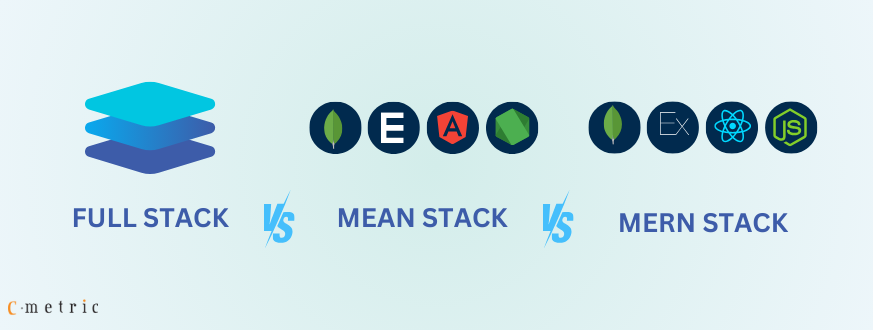






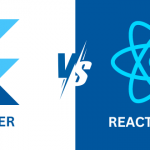

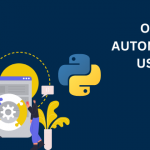


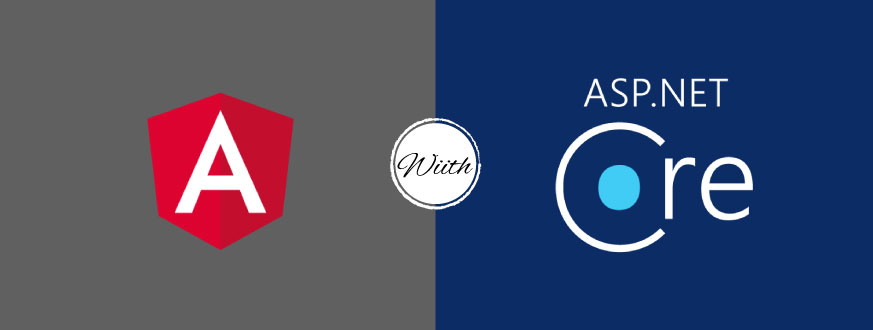
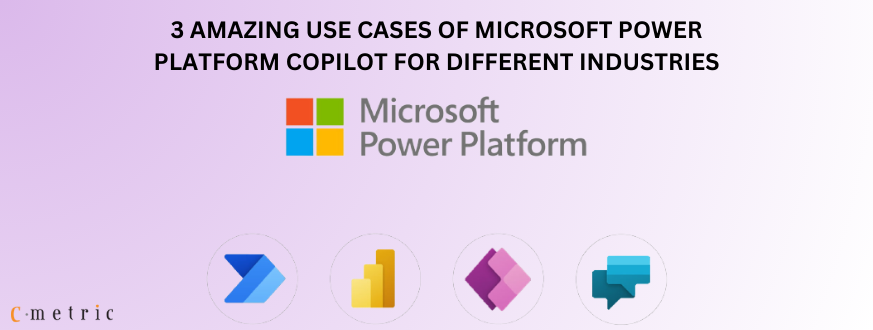
Get in Touch